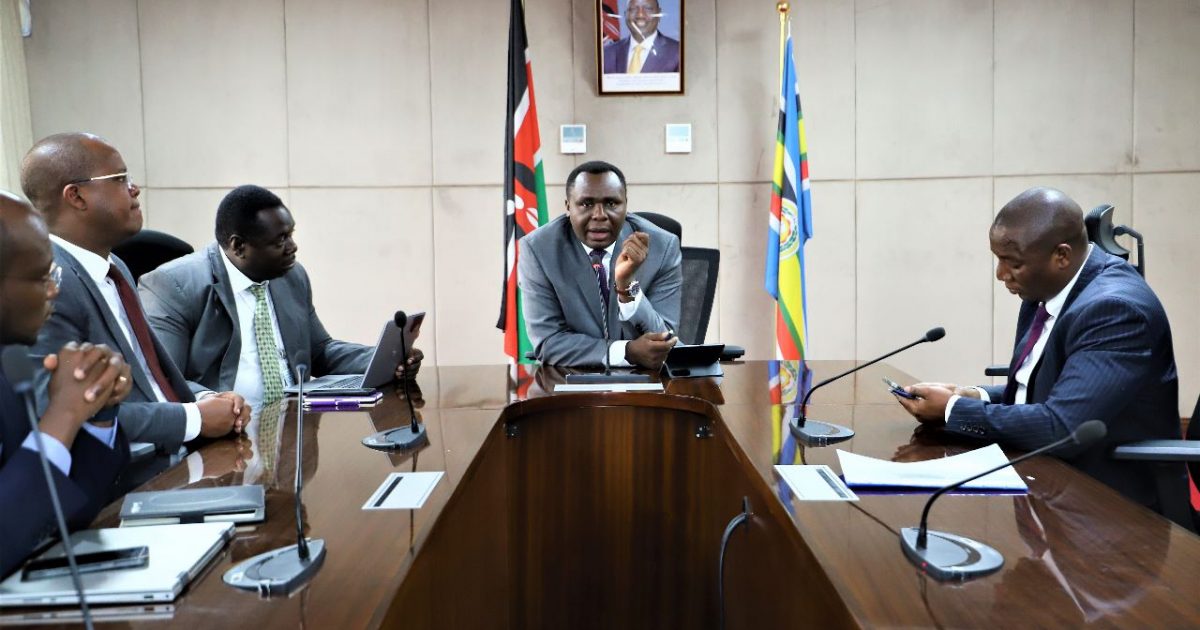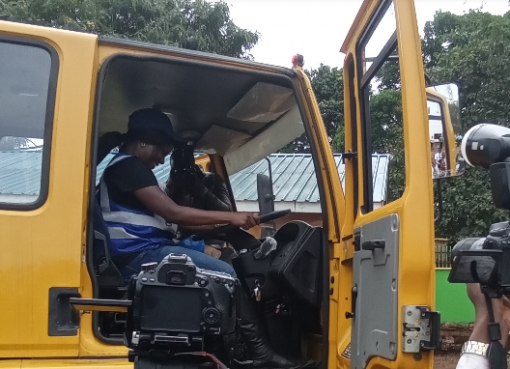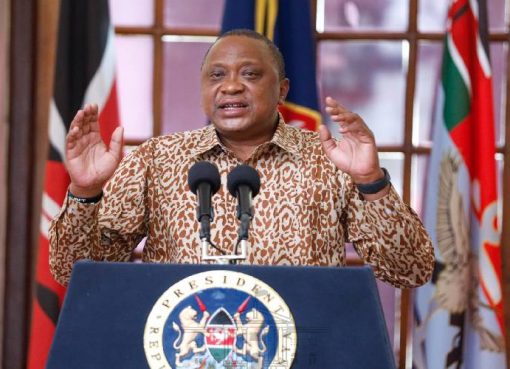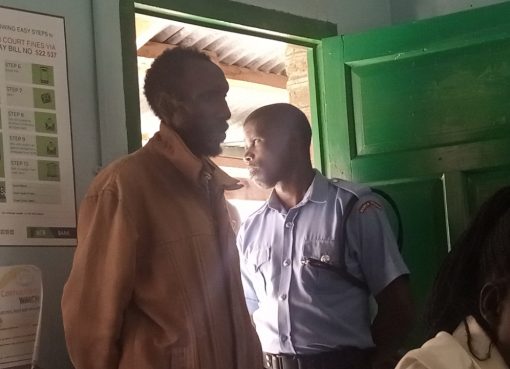The government and stakeholders in the cyber security space are pushing for the implementation of stringent rules and regulations in efforts to enhance online security and trust as the government implements the digital agenda.
The National Computer and Cybercrime Coordination Committee (NC4) Taskforce Chairman Mark Matunga said that they are taking a holistic approach in the formulation of regulations to govern the digital space thus the necessity to engage the public and take into consideration their views and suggestions.
Speaking in Nairobi on Monday during a public participation forum with members of the public, Mutunga said that there are many areas that need to be regulated, stating that there has been issues of personal data given to security personnel when accessing buildings where one is required to record their names, phone numbers and ID number or leave their ID cards.
“Anybody can take a photo of that ID together with other information you have given. This means that they have access to so much personal data which we do not even know how it is stored and managed,” said Matunga, noting that it was high time there are rules and regulations on such data.
He said that this speaks on data protection and they are working with their legal teams on how to come up with regulations that will streamline handling of public data.
Co-chair of the Taskforce Evans Ombati said that the issues raised by members of the public are very crucial and they call for research, consultation, comparative analysis in order to come up with the right regulations which capture all the relevant issues and serve everyone’s needs.
“There have been issues raised on new technological equipment globally such as 5G, 6G, Internet of Things, Artificial Intelligence among others; this is the new domain of warfare that is why as a country we want to come up with regulations to keep up with the ever evolving world to technology,” said Ombati.
Ombati said that with the increased cases of cyber-attacks and hackings with others from outside the country, there is need to align Kenya’s regulations to the global regulations to ensure that the country is able to collaborate with other international regulators to counter such challenges.
“Kenya is ranked as one of the fastest growing countries in digital growth globally with the country being the top three in terms of internet penetration in Africa. This means that we must be very fast in our controls so that we protect our children, businesses and anyone operating in the digital space,” said Ombati.
Members of the public gave their inputs with Joseph Mucheru from the Music Copyright Society of Kenya (MCSK) saying that there is a lot that needs to be done to secure and regulate the data of Kenyans, even the ones held by societies.
“We had a chairman who had access to the entire membership data and he wanted to start a society, he took the data and registered a Collective Management Organization (CMO) an organization which collects money on behalf of artists,” said Mucheru.
He advised organisations to have data backups because data can get lost within an instant.
Mutua Waema from the Civil Society said that there is need to streamline issues concerning mobile money payments where people send money to the wrong number or paybill and the mobile service providers say that there is nothing they can do to retrieve the money since the recipients have withdrawn the money and many Kenyans have lost their money in this manner.
The members of the public called for regulations which require the mobile money providers to be refunding the money as they go after those who wrongfully receive the money as they explained that this is what happens in other countries.
Lindi Muslim Elders Secretary Mr. Rajab Mohammed said that he has been receiving threatening phone calls from a private number. He has reported to the police and he is told they have written a letter to Safaricom and the response will come back in 21 days.
“My question is; will the letter come when I have already been killed? Questioned Mohammed.
Similar sentiments were raised by members of the public who accused the police of demanding bribes when they have lost their mobile phones or have fallen victim to fraudsters and want them to be tracked.
The objectives of the draft regulations that the National Computer and Cybercrime Coordination Committee (NC4) Taskforce is coming up with is to provide a framework to prevent, detect, and respond to cyber threats as well as provide a framework for cyber security operation centers, promote coordination, collaboration, cooperation and shared responsibility between members among others.
By Joseph Ng’ang’a





